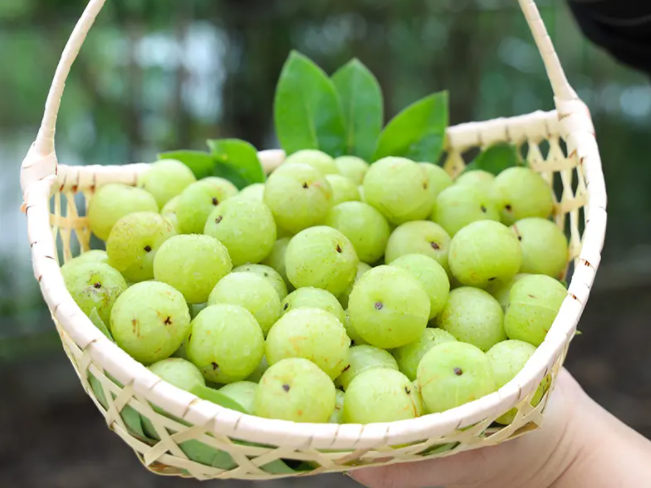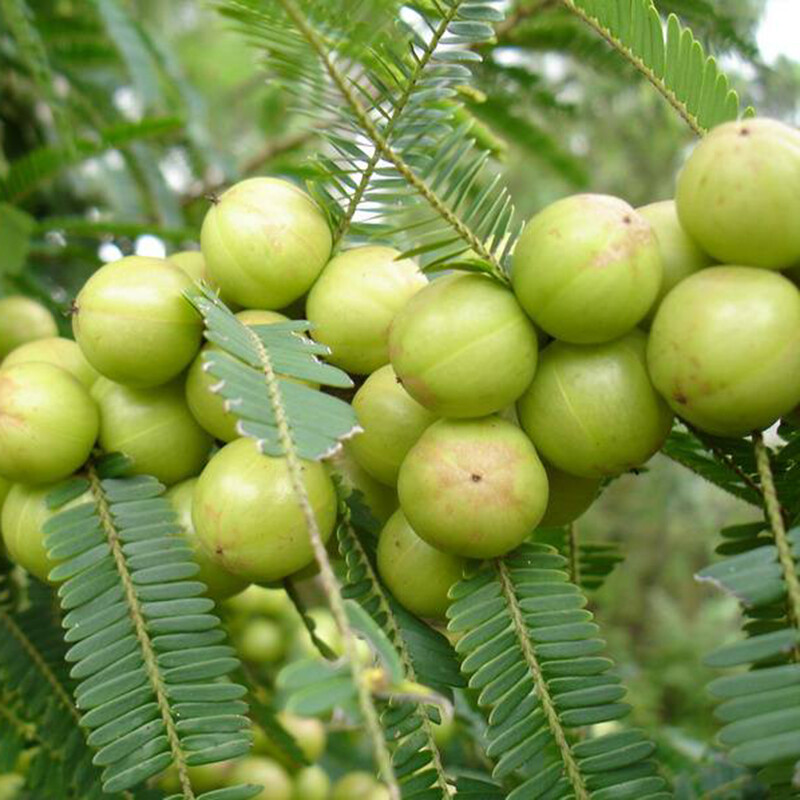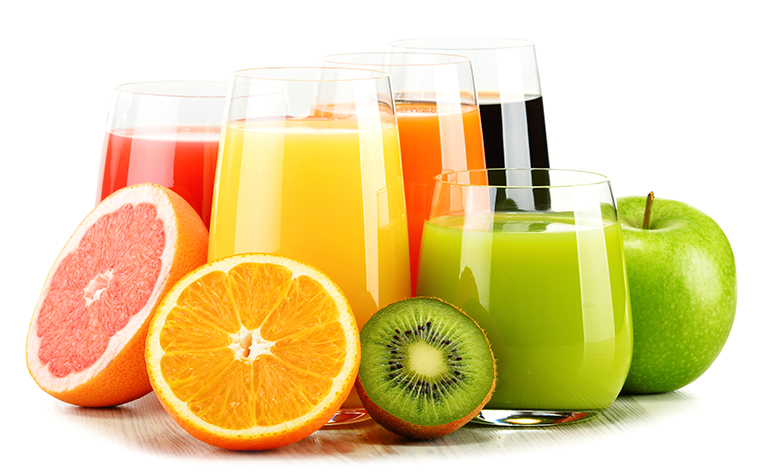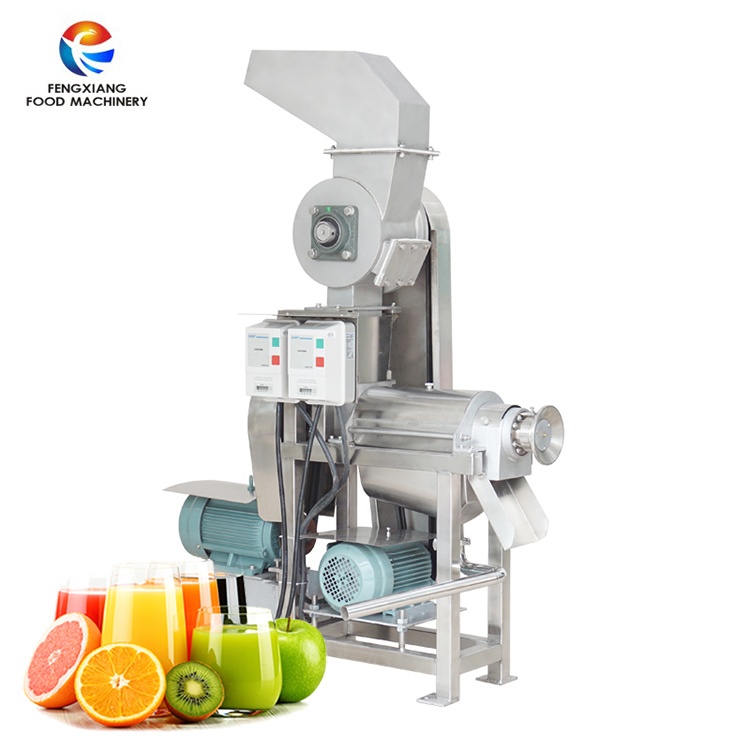
From the sour taste to the smooth mouth, how did the oil mandarin become sweet?

This is actually the result of the efforts of fruit farmers to cultivate.
At present, the "Phyllanthus emblica" used by most tea shops can achieve the taste of "slightly astringent in three seconds and sweet in five seconds". It is the product of continuous experimentation, improvement, optimization and cultivation in the past 10 years. For example, the "Nongtian No. 1" sweet oil mandarin in Puning, Guangdong, was successfully cultivated after five or six years. The newly improved "Nongtian No. 2" has also undergone two years of experiments. The improved phyllanthus emblica has lower tannin content and less fiber, and the "astringent" taste of the sweetness is more classic.

Oil mandarin is popular, and local fruit farmers are eager to try it. According to practitioners, oil mandarin used to be directly supplied to the local farmers' market distribution center, but now several tea companies make orders directly from the source base, skipping middlemen to buy.
On the one hand, the market is in short supply, and on the other hand, fruit farmers are deciding whether to increase the planting area. At present, the planting area of oil mandarin in various places ranges from 66600 to 1332000 square meters, and the growers are scattered, which is one of the reasons why the production capacity of oil mandarin has not been improved. Data from the Fruit Tree Research Institute of the Guangdong Academy of Agricultural Sciences shows that the commercial cultivation area of oil mandarin in Guangdong Province is about 100,000 mu, accounting for one-third of the country, mainly in Jieyang Puning, Shanwei, Shantou Chaoyang District and other places. 100,000 tons. According to Caijing, many Chaoshan fruit farmers are now preparing to expand their crops and increase the planting area. It is expected that this year, the planting area of oil mandarin in Guangdong Province will expand by 1332000 to 19980000 square meters. Some people in the industry once estimated that the output of this 100,000 tons can supply about 200-250 tons of oil mandarins for making oil mandarin juice.
The "cold-pressed/cold-pressed" juice pressing process is how the fruit is turned into juice. Extracting the juice at low temperature can preserve the healthy components such as heat labile vitamins in the fruit/juice to a greater extent, and reduce the problem of discoloration of the juice caused by high temperature.


